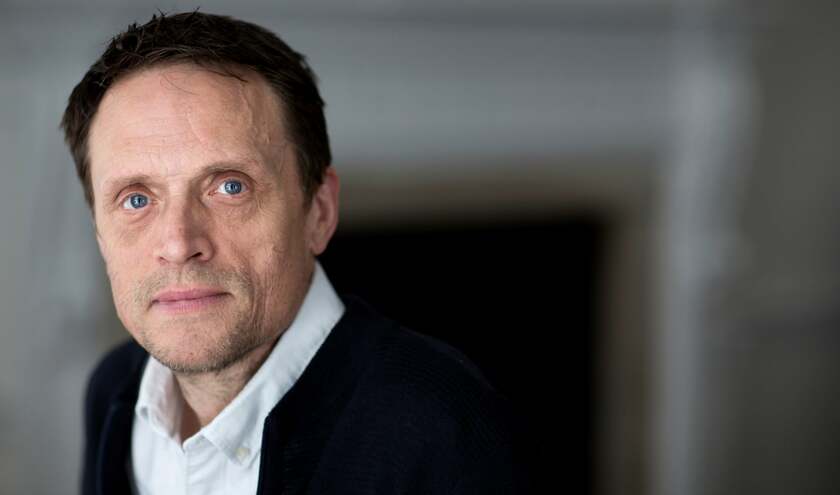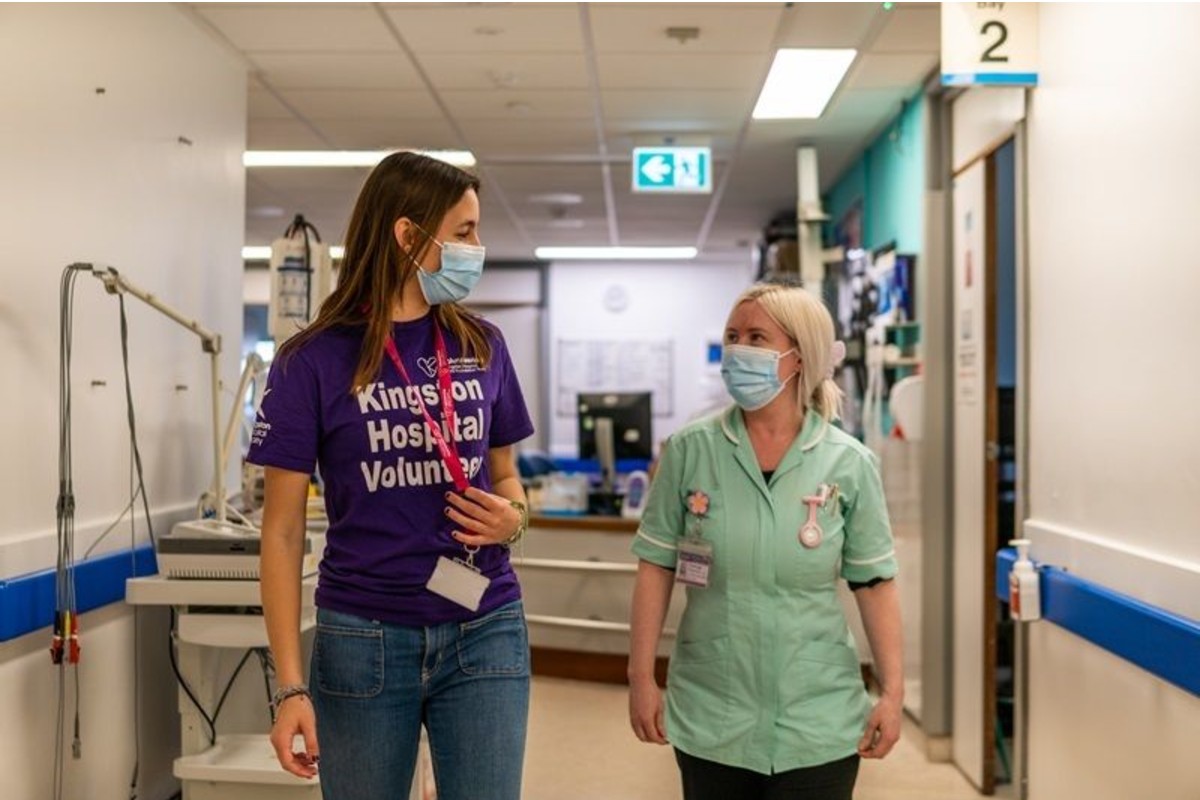There is, and has always been, a constant tension between the priorities of ‘recovery' and ‘reform' in the NHS.
NHS England chief executive Sir Jim Mackey's most recent letter to NHS leaders once again exemplified the recovery mindset. It was replete with non-negotiable targets and priorities, organisational discipline, forms of hierarchical intervention. The message of ‘blood, sweat and tears' is urgent, focussed, busy, practical.
His audience needed to read to the end of the five-page letter to find some references to transformation: ‘….we encourage you to plan for the crucial local service transformations that are needed to improve outcomes and deliver your longer-term plans…'
When the instruction is to plan for a plan, concerningly the deeper change, so desperately needed to shore up the NHS for the long term, seems once again to be moving into the distance.
Indeed, my conversations with key decision makers at the centre suggest that, when it comes to systems and places radically re-organising care together, the medium-term ambition now is that this might happen in a small number of areas. The theory seems to be that pioneers will grab the initiative and transform services even against the backdrop of very limited investment in change and national political priorities that tend to reinforce current models. Some of the many outgoing ICB chief evecutives might have a view on that hypothesis.
Indeed, the implicit central approach is sounding increasingly like a rerun of sustainability and transformation partnerships (STPs) which were, as it happens, launched almost exactly 10 years ago. Some STPs did good things (although much didn't last), but in aggregate the status quo prevailed.
The Kings Fund 2016 assessments of STPs feels eerily like a prediction for what might happen to some of the ambitions of the 2025 10-Year Plan for Health:
- Local context and the history of collaboration within STP footprints have played a major role in determining the progress of the plans.
- Despite the focus on local ownership, key elements of the process have been ‘top-down'.
- National requirements and deadlines for the plans have changed over time, and guidance for STP leaders has sometimes been inconsistent and often arrived late.
- The approaches of national NHS bodies and their regional teams have not always been aligned.
- Tight deadlines have made it difficult to secure meaningful involvement in the plans from key stakeholders, including patients and the public, local authorities, clinicians and other frontline staff.
- Organisations face fundamental policy barriers to working together on STPs; existing accountability arrangements focus on individual rather than collective performance. (Kings Fund, 2016).
Apparently, the quote - ‘The definition of insanity is doing the same thing over and over again and expecting a different result' – is misattributed to Albert Einstein, but you don't need to be a genius to see the parallels.
The problem is that the transformational things many of us – including the secretary of state – believe need to happen seem complex and amorphous when put alongside the muscular and direct instructions of NHSE's letter.
Also, transformers benefit from a compelling vision of how things could be. This feels to be lacking. I see lots of good things on my trips around the NHS, but rarely do I hear an account of how the pieces of change might fit together into a picture to inspire staff, patients and communities.
So it goes. The urgent narrative and direct methods of recovery will always trump the messy, long-term story of transformation.
But there is a big problem with being resigned to this; simply, without transformation there is no viable future for the NHS as a universal service. As the tone of the NHSE letter indicates, to hit current performance and financial plans will take heroic effort, a lot of luck (no strikes or tripledemics or extreme weather) and, probably some creative reporting. I suspect work is being done behind the scenes to lever additional money in the chancellor's November Budget, but even if successful, the fiscal situation means we cannot buy our way to a sustainable future.
Only with a step change in all forms of prevention, a genuine and substantial left shift, a new more proactive and holistic model of care and support for people with the greatest need, and the investment in technology needed to fulfil its potential, will we have even a chance of securing the future.
It is essential to the NHS's long-term success that politicians, policy makers and leaders transcend the cultural and practical divide between the narratives and methods of recovery and reform. Balancing a credible long-term vision with realism about next steps. This is how the NHS Confederation is determined to look at issues from neighbourhood health to improvement.
To be realists we must also be visionaries.



